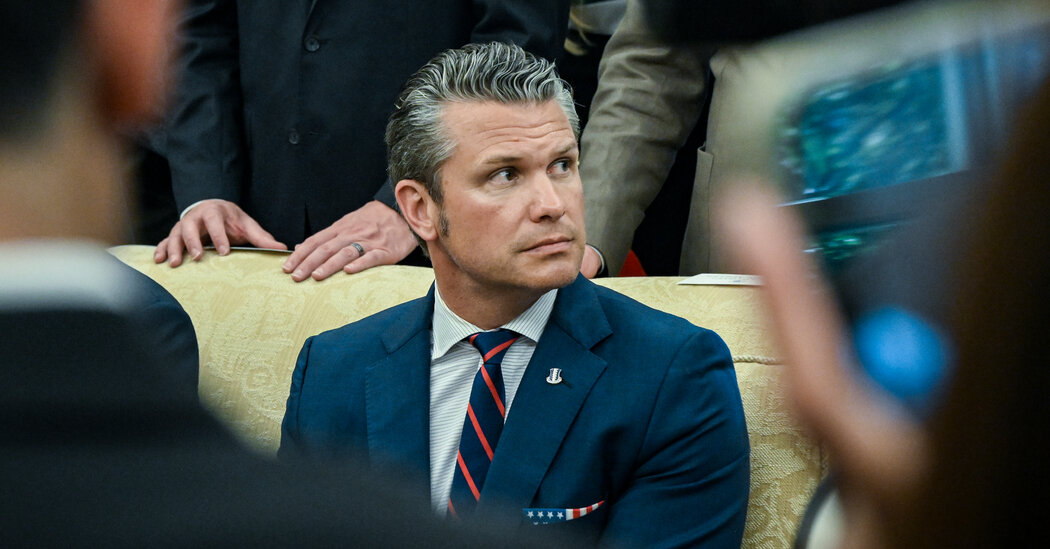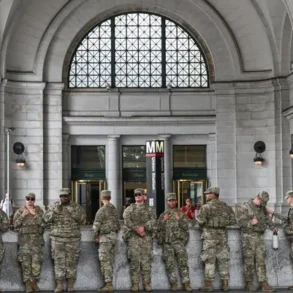The U.S. Air Force has announced it will deny early retirement benefits to transgender service members with 15 to 18 years of service, a decision that is drawing heavy criticism from advocates, legal experts, and those directly impacted.
Instead of allowing these long-serving troops to retire early with partial benefits, the Air Force will force them out of the military—leaving them with only a one-time separation payment or nothing at all. The move follows a Supreme Court ruling in May that allowed the Pentagon to enforce the Trump administration’s ban on transgender service members.
No Exceptions, No Retirement
According to an Air Force memo reviewed by the Associated Press and Reuters, every single application for early retirement from transgender troops was denied—even though some had already been told they were approved. These denials come despite a May policy that originally gave transgender service members between 15 and 18 years of service the opportunity to apply for early retirement under Temporary Early Retirement Authority (TERA).
“Although service members were permitted to apply for an exception to policy, none were approved,” said an Air Force spokesperson, speaking on condition of anonymity. At least a dozen airmen were mistakenly told they had been approved before the decision was reversed.
For many, this abrupt reversal felt like betrayal. Master Sergeant Logan Ireland, who served for 15 years including a deployment to Afghanistan, said he felt “devastated” and “betrayed.” His command broke the news to him “with tears in their eyes,” he said.
A Forced Choice
The new policy gives transgender service members just two options: take a lump-sum separation payout typically offered to junior troops, or be involuntarily discharged with no retirement benefits. The Air Force says that while some transgender airmen with more than 18 years of service were approved for retirement, none in the 15-18 year range were allowed to retire early.
Legal experts say this policy could face serious challenges. Shannon Leary, an attorney who represents LGBTQ+ clients in discrimination cases, called the decision “arbitrary and cruel,” and predicted lawsuits would follow.
“These military members have dedicated their lives to serving our country,” Leary said. “To strip away their benefits at the finish line is heartless.”
A Broader Ban on Transgender Service Members
This policy is part of a wider effort by the Trump administration to remove transgender individuals from the military entirely. In January, President Trump signed an executive order reversing President Biden’s policy that allowed transgender people to serve openly. The Pentagon now identifies transgender troops using medical records that list a diagnosis of “gender dysphoria”—a method critics say doesn’t accurately reflect the true number of transgender people in the ranks.
As of December 2024, over 4,200 troops across the active-duty military, National Guard, and Reserves had that diagnosis. However, advocates say the real number is likely much higher, since not all transgender individuals have that medical classification.
The policy also requires transgender service members to revert their records back to their birth gender, a step many have called “dehumanizing” and “open cruelty.”
Growing Backlash
The Air Force has tried to provide messaging support for those being pushed out. In an internal document seen by Reuters, the Air Force offered suggested ways to tell family members:
-
“Focus on the benefits you do retain (GI Bill, VA benefits, experience).”
-
“Emphasize this doesn’t reflect on your service or character.”
-
“Military & Family Readiness can provide counseling resources.”
But critics argue these reassurances ring hollow when hundreds of thousands of dollars in lifetime retirement benefits are being stripped away. Shannon Minter of the National Center for LGBTQ Rights called it “a betrayal of a direct commitment made to these service members.”
Public Opinion and Future Challenges
Although public support for transgender military service has declined—from 71% in 2019 to 58% in a Gallup poll earlier this year—a majority of Americans still support the right of transgender individuals to serve.
Defense Secretary Pete Hegseth, a key player in rolling out the policy, has openly rejected diversity and inclusion efforts at the Pentagon. In May, he declared, “No more pronouns, no more climate-change obsessions, no more emergency vaccine mandates, no more dudes in dresses.”
The long-term impact of the Air Force’s policy remains to be seen. Legal challenges are expected. Advocates say the decision could set a dangerous precedent—not just for transgender rights in the military, but for how service members are treated when politics overtake policy.
For now, thousands of transgender troops face an uncertain future, having given years of their lives to defend a country that, they say, is now turning its back on them.








